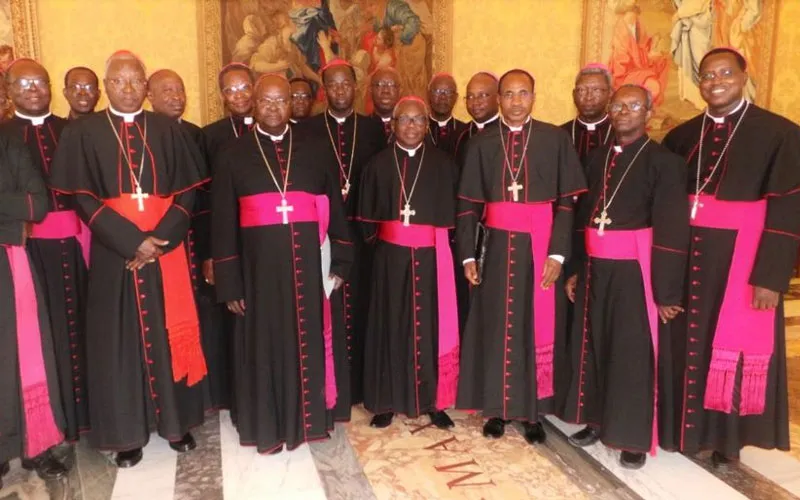Aboard the papal plane, 07 November, 2021 / 7:30 pm (ACI Africa).
Catholic Bishops in Burkina Faso have, in an open letter, sought to clarify the controversy surrounding contraceptives following the health Minister’s claim that in discouraging the use of artificial birth control methods, Church leaders “undermine the efforts of the government.”
In their letter issued October 29, members of the Episcopal Conference of Burkina-Niger (CEBN) make reference to a viral audio in which Minister Charlemagne Ouédraogo threatens to “terminate” the collaboration between the Catholic Church and the Ministry he oversees.
“The activity mentioned was not intended, either in its content or in its form, to oppose the Minister of Health that you are, much less to undermine the public health policy of our country,” the Catholic Bishops say in reference to press conference held by the Episcopal Commission for Pastoral Health Care during which the book titled, “The health hazards of contraceptive methods: A scientific approach” was presented.
During the event, CEBN members say, they “only wanted to awaken the conscience of our faithful and of people of good will on the disadvantages of contraceptives.”
In the October 18 audio, Mr. Ouédraogo is heard cautioning Church leaders against undermining “the efforts of the government” and claiming that the matter of contraceptives is beyond the “specialty” of faith-based leaders.








